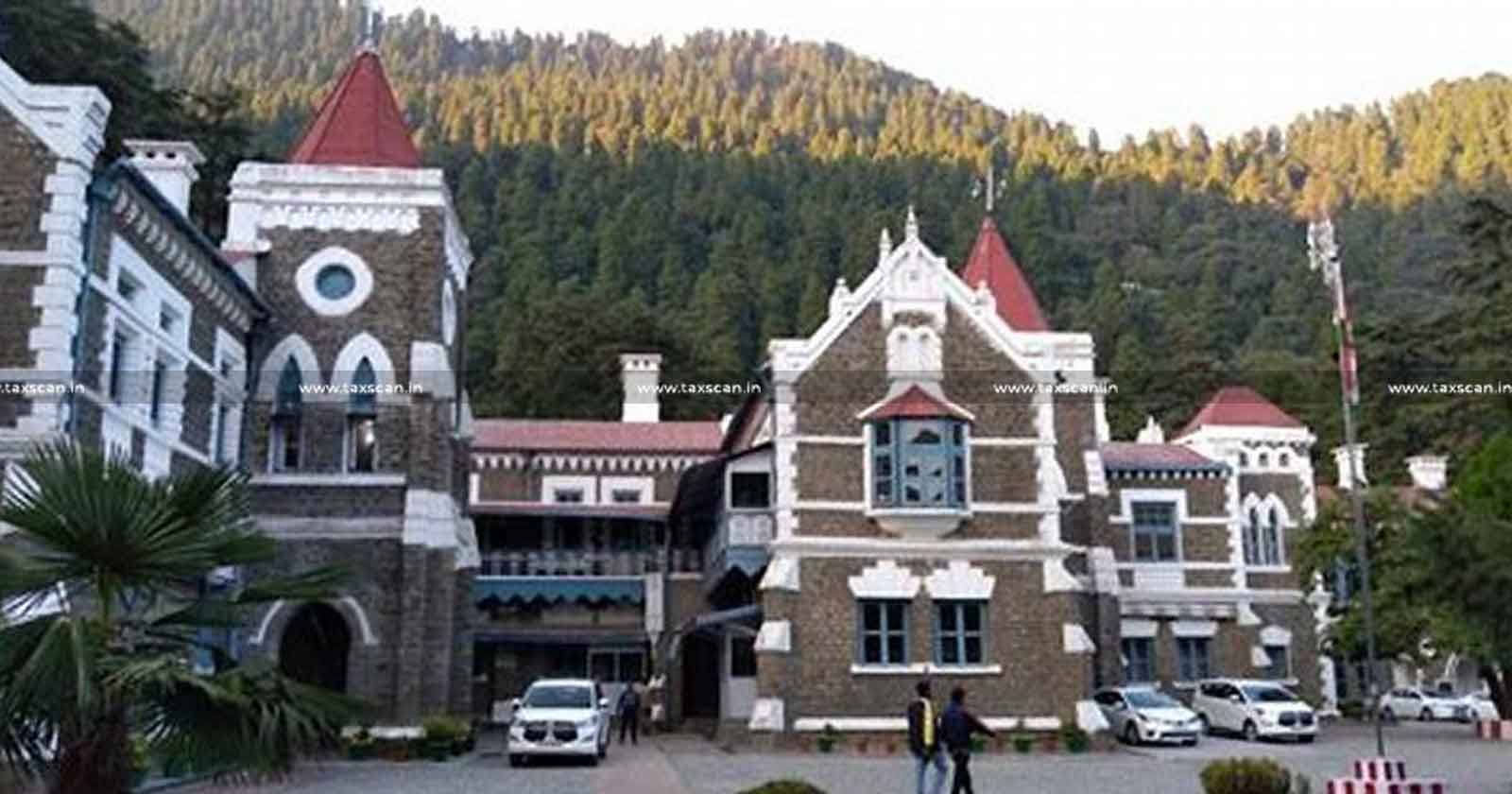GST Deficiency Memo must be Issued within 15 Days from Date of Refund Application: Delhi HC in Gameloft Software Case [Read Order]
The court stated that delayed issuance of deficiency memos or inaction by the Department cannot be used to deny taxpayers the interest due to them.
![GST Deficiency Memo must be Issued within 15 Days from Date of Refund Application: Delhi HC in Gameloft Software Case [Read Order] GST Deficiency Memo must be Issued within 15 Days from Date of Refund Application: Delhi HC in Gameloft Software Case [Read Order]](https://images.taxscan.in/h-upload/2025/11/04/2102136-refund-application-taxscan.webp)
The Delhi High Court, ruled that a deficiency memo under Rule 90(2) of the GST ( Goods and Services Tax ) Rules must be issued within 15 days from the date of a refund application, failing which the application shall be treated as validly filed.
“If there is delay by the Department in processing and granting refunds, it has a cascading adverse effect on the business of the tax payers as well. Under these circumstances, this Court is of the opinion that the Respondent ought to take a decision expeditiously on the refund applications” observed the division bench.
The petitioner, Gameloft Software Pvt. Ltd, had filed refund applications in April 2022 seeking return of excess IGST paid between April 2019 and June 2020 amounting to ₹1.87 crore. The initial refund claims were rejected in July 2022 on grounds of deficiencies.
Fresh applications were filed on 30 and 31 March 2023. However, the Department issued a deficiency memo belatedly on 11 April 2023, merely stating that the “supporting documents were incomplete,” which the petitioner contended violated the statutory timeline of 15 days prescribed under Rule 90(2) of the GST Rules, 2017.
Master the Latest Amendments in Income Tax Act Click here
Before the Bench comprising Justice Prathiba M. Singh and Justice Shail Jain, the petitioner argued that since no deficiency memo was issued within the prescribed period, the refund applications were complete in law, and the Department’s subsequent inaction entitled the petitioner to interest on delayed refund under Section 56 of the CGST Act, 2017.
 Also Read:GST Hearing u/s 75(4) must be Fixed after Submission of Reply: Uttarakhand HC Remands Matter for Fresh Adjudication [Read Order]
Also Read:GST Hearing u/s 75(4) must be Fixed after Submission of Reply: Uttarakhand HC Remands Matter for Fresh Adjudication [Read Order]
The respondents contended that the refund process was delayed due to genuine deficiencies in documentation.
The Court noted the Sections 54 and 56 of the CGST Act, which prescribe timelines for adjudication of refund claims and grant of interest in case of delay.
In the earlier rulings in M/s G.S. Industries v. Commissioner of Central Tax & GST Delhi West and Bansal International v. Commissioner of DGST, the Court said that once an application for refund is filed, a deficiency memo must be issued within 15 days, and if not, the refund process must proceed based on the original filing date. It stated that delayed issuance of deficiency memos or inaction by the Department cannot be used to deny taxpayers the interest due to them.
The Bench noted that any delay in refund adversely affects the liquidity and business operations of taxpayers and undermines the efficiency of the GST Act.
Consequently, the Court directed the authorities to provide the petitioner an opportunity of hearing on 10 November 2025, and to dispose of the refund applications within one month thereafter, in accordance with law.
Adv. Kishore Kunal & Adv. Aditya Rathore appeared for the petitioner.
Support our journalism by subscribing to Taxscanpremium. Follow us on Telegram for quick updates


